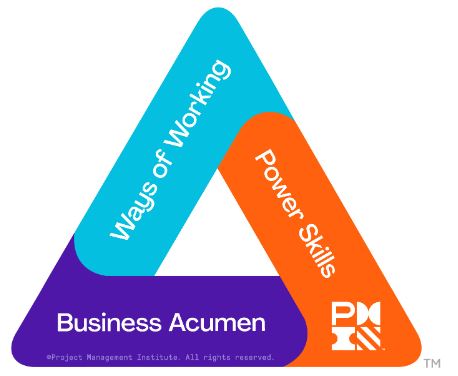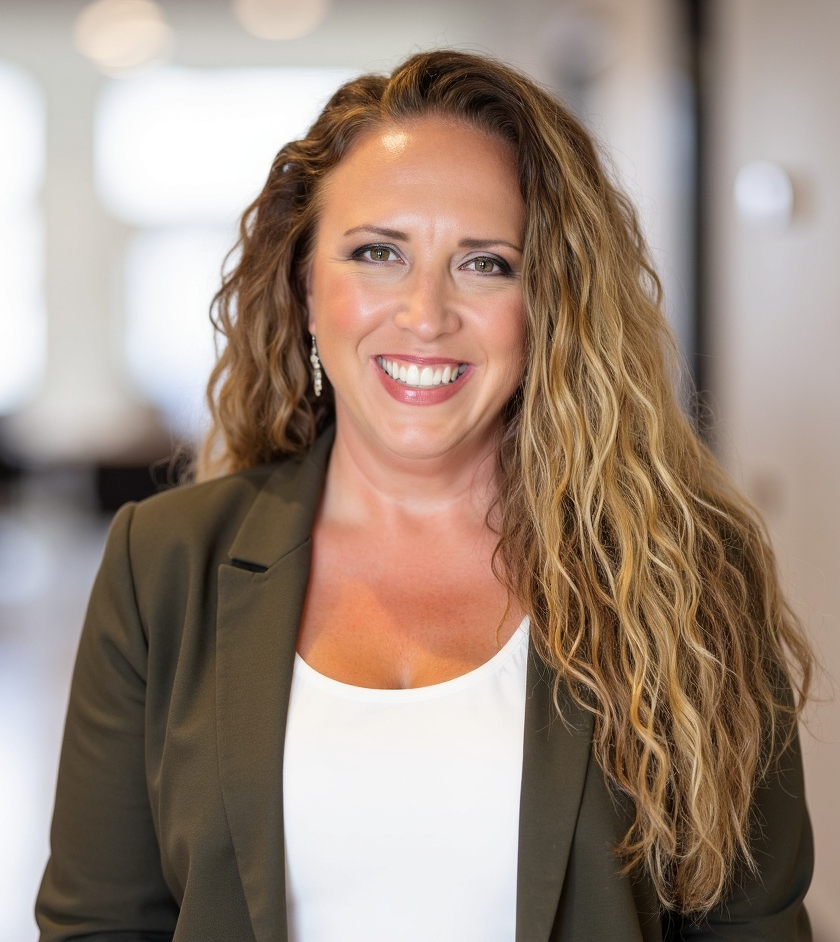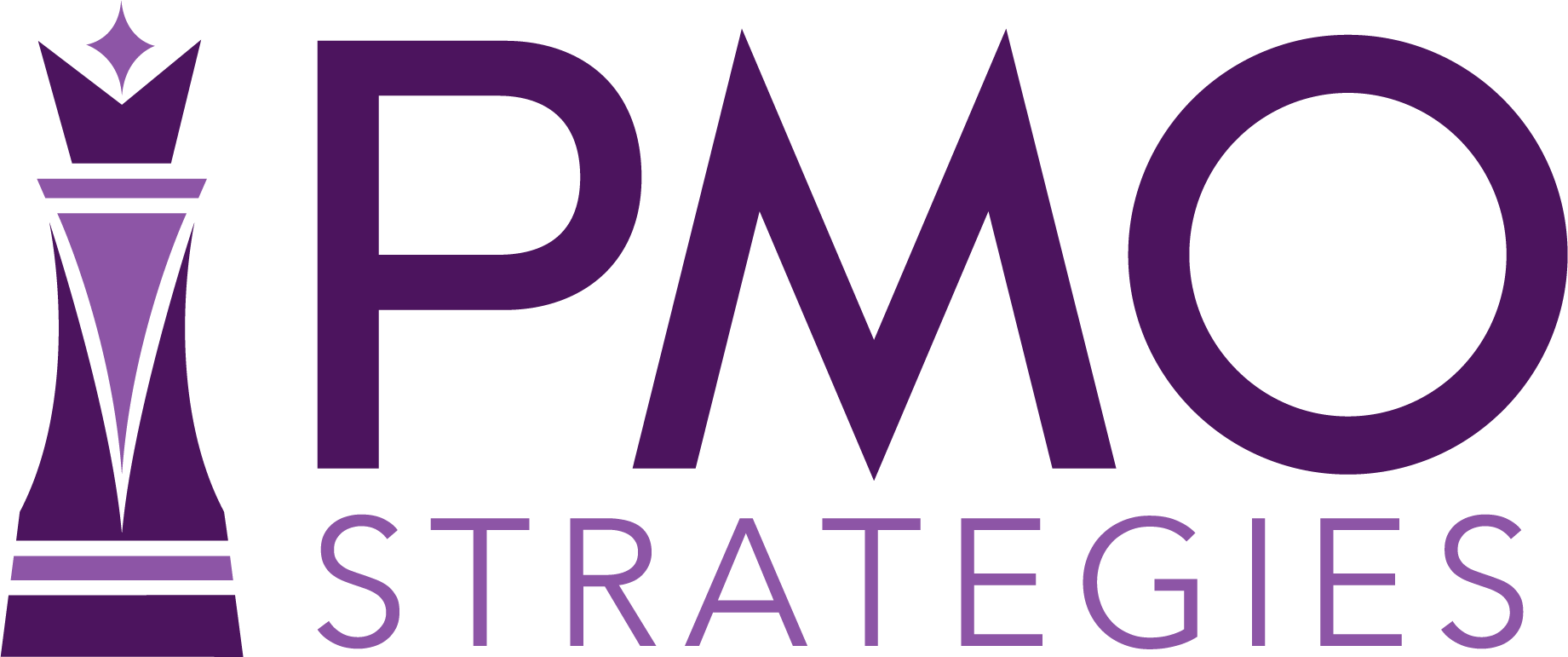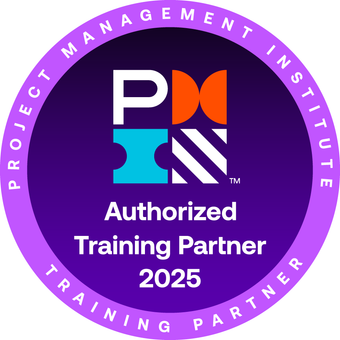Welcome to the PMO Strategies Podcast + Blog, where PMO leaders become IMPACT Drivers!

PMI Talent Triangle: Power Skills
If success is measured by results, why are so many leaders still trying to do it all themselves?
You won’t see this belief written in a job description—but you will see it in packed calendars, skipped lunches, and a silent pressure to keep saying yes. Somewhere along the way, “leading” became synonymous with “doing more.” And high-performing leaders who should be focused on strategy are spending their days buried in the weeds.
The problem isn’t effort. It’s the belief that doing it all proves your value.
In this week’s episode of the PMO Strategies Podcast, I’m sharing how that belief quietly holds leaders back—and what shifts when you stop equating overwork with effectiveness.
Start With Co-creation, Not Control
You don’t grow leaders by holding the work. You grow them by letting others step into it.
Ownership doesn’t come from being handed a task—it comes from being part of the process. When people help shape the direction, they invest in the outcome.
That’s the shift: moving from command-and-control to shared ownership. The leader who steps back just enough to let others step up is the one who accelerates everything.
The delivery lead who shapes a roadmap with the team…
The department head who asks for support instead of powering through…
The executive who listens first…
These are not moments of weakness. They’re examples of leadership in motion.
Systems Scale Leadership, Not Willpower
You don’t create strategic IMPACT by doing more. You do it by building systems that don’t rely on your personal capacity.
Here are three ways high-performing leaders create space to lead—without letting the work fall behind:
1. Make delegation a design choice.
Don’t wait until you’re overwhelmed to start handing things off. Build delegation into how the work flows, so ownership is clear before it’s urgent.
2. Ask for input before you need help.
Co-creation beats rescue. Invite people in early, while there’s still room for design—not just execution.
3. Protect your thinking time.
Block space on your calendar that isn’t for meetings, tasks, or deliverables. That’s not selfish. That’s where your best decisions actually get made.
You don’t need a new tool or a bigger team. You need a system that supports the leader you’re becoming.
What Changed When I Let Go of Doing It All
Early in my leadership journey, I thought saying yes was the right thing to do. That carrying more meant I was doing my part.
But when I let go of that pressure and started inviting others into the work, everything changed. I stopped over-functioning and started leading.
I felt lighter, more focused, and more effective.
It wasn’t about working less. It was about leading better. And it changed everything.
This Is the Opportunity Executives Are Waiting For
They don’t want another overextended hero. They want someone who can make the whole system work better.
Your executives are watching for signs of scalable leadership. Not who works the hardest—but who creates the most momentum with the least friction.
This is where you stand out.
When you stop trying to do it all and start building clarity, capacity, and shared ownership—you become the strategic enabler they’ve been looking for. You’re not just supporting execution. You’re designing a system that makes execution sustainable and gives you the ability to step up in a smarter way.
If you’re already creating space for your teams, aligning the work, and driving the right outcomes, that means you’re not just helping. You’re leading.
👉 Click play above to learn how to stop doing it all yourself and lead in a way that actually scales.
P.S. The IMPACT Insiders Book Club is so much more than reading a book—it’s a movement. Join us for live calls, deep conversations, and a behind-the-scenes look at how to create real change with The IMPACT Engine. It’s completely free—grab your seat now and don’t miss what’s next.
 Hey there, IMPACT Driver!
Hey there, IMPACT Driver!
Thanks for taking the time to check out our podcast and blog.
I welcome your feedback and insights!
I’d love to know what you think and if you love it, please leave a rating and review in your favorite podcast player.
You can also complete this survey to tell us more about you and get my advice on how to take your next steps toward high-IMPACT!
Warmly,
Laura Barnard









